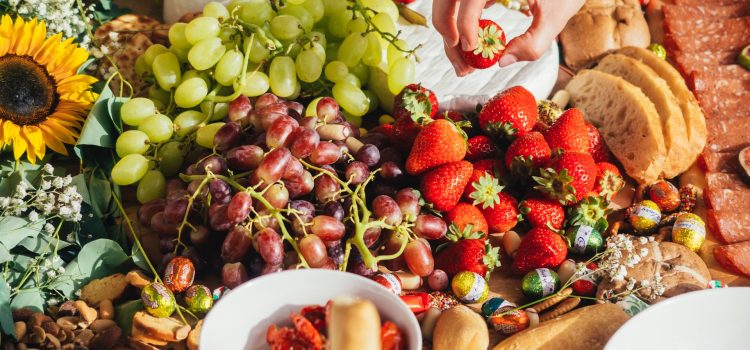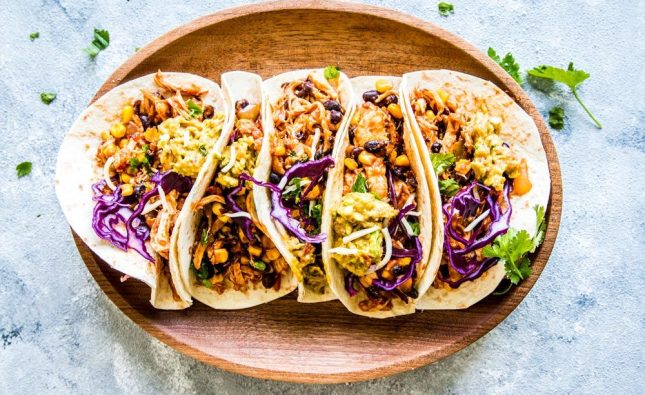
Introduction:
Food is more than sustenance; it is a powerful expression of culture, tradition, and identity. In this captivating review, we delve into the cultural connections of food, exploring how it transcends taste to encompass history, heritage, and social dynamics. From the rituals of mealtime to the significance of ingredients, we embark on a journey that highlights the profound influence of food on our lives and communities.
- Cuisine as a Reflection of Culture:
Cuisine serves as a mirror of culture, reflecting the values, customs, and history of a particular group of people. Whether it’s the intricate spices of Indian cuisine, the delicate artistry of Japanese dishes, or the bold flavors of Mediterranean fare, each culinary tradition tells a story. From the choice of ingredients to the cooking techniques employed, food embodies the essence of a culture and provides a gateway to understanding its people.
- Traditional Recipes: Preserving Heritage:
Traditional recipes are a treasure trove of cultural heritage, passed down through generations. They act as a bridge connecting the present to the past, preserving the customs and flavors that define a community. Whether it’s a family recipe handed down through the years or a regional specialty guarded with pride, these dishes carry the weight of tradition, evoking nostalgia and a sense of belonging.
- Rituals and Festivals: Celebrating Identity:
Food plays a central role in rituals and festivals, serving as a conduit for cultural expression and celebration. From the lavish feasts of religious holidays to the symbolic dishes served during significant life events, these culinary traditions reinforce social bonds, strengthen community ties, and celebrate shared values. They provide an opportunity for people to come together, honor their heritage, and create lasting memories.
- Culinary Diversity: Embracing Global Flavors:
In our increasingly interconnected world, culinary diversity has become more accessible than ever. Migration, travel, and globalization have brought a rich tapestry of flavors to our tables. Exploring international cuisine allows us to expand our culinary horizons, appreciate different traditions, and foster a sense of inclusivity. It is through this exchange of flavors and techniques that we discover the beauty of cultural fusion.
- Food as Social Capital:
Food has the power to foster social connections and build bridges across communities. Whether it’s a potluck dinner, a shared meal with neighbors, or a gathering at a local food market, food acts as a catalyst for social interaction. It brings people together, encourages dialogue, and creates a sense of belonging. Food can break down barriers, promoting understanding and empathy between diverse groups.
- Food as a Cultural Ambassador:
Food serves as a cultural ambassador, allowing us to explore different cultures without leaving our own communities. Through restaurants, food festivals, and culinary events, we can embark on a culinary journey, immersing ourselves in the traditions and flavors of distant lands. By embracing these cultural experiences, we promote cultural appreciation, foster tolerance, and cultivate a sense of global citizenship.
- Sustainable and Ethical Food Choices:
In recent years, there has been a growing awareness of the environmental and ethical impact of our food choices. Many individuals and communities are embracing sustainable and ethical practices, considering the origins of their food, supporting local farmers, and minimizing waste. This shift in mindset not only promotes a healthier planet but also reflects a deeper understanding of the interconnectedness between food, culture, and sustainability.
Conclusion:
Food transcends mere sustenance; it is a cultural artifact that connects us to our past, shapes our present, and paves the way for our future. From traditional recipes that embody heritage to culinary rituals that celebrate identity, food is a powerful medium through which we express our culture, values, and social bonds. By appreciating the cultural connections of food, we gain a deeper understanding of ourselves and others, fostering empathy, respect, and a sense of shared humanity. So, let us embark on this captivating journey, savoring the flavors and unraveling the stories that make food a captivating reflection of our diverse world.










